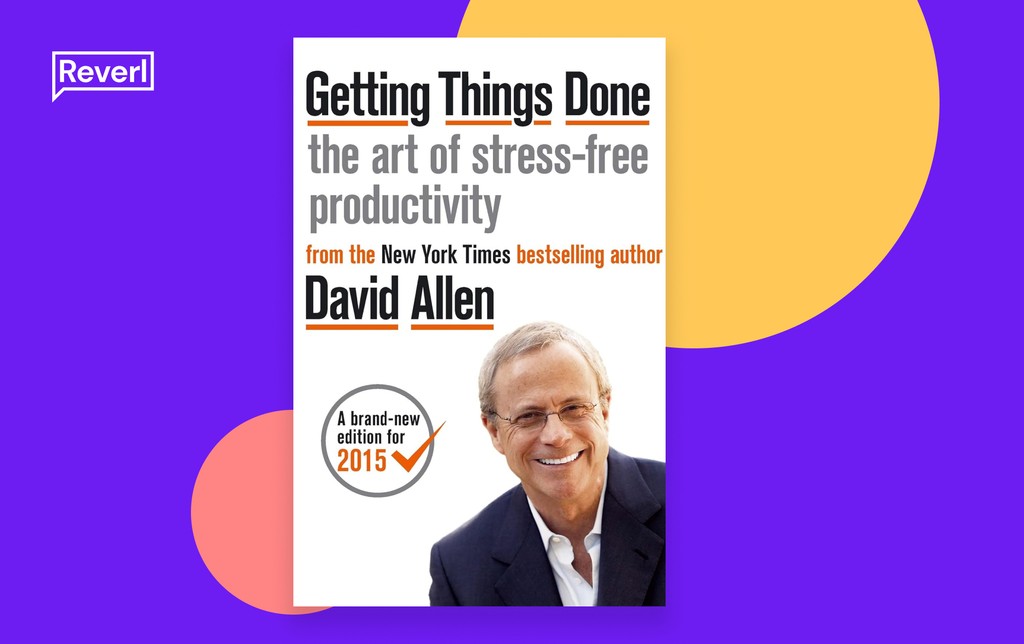Time Management
We all have the same 24 hours in a day, but how you choose to spend that time can make all the difference. Time management is not just about getting more done; it’s about making sure you’re focused on what truly matters, whether that’s in your work, personal life, or overall wellbeing.
Effective time management helps you stay organised, reduces stress, and allows you to achieve your goals with greater ease. Whether you’re looking to improve productivity at work, create more time for family and hobbies, or simply reduce the feeling of being overwhelmed, mastering the art of time management is essential.
On this page, you’ll find practical tips, exercises, and resources to help you take control of your time, so you can live a more balanced and fulfilling life.
The Importance of Time Management
Time is one of the most valuable resources we have, yet it’s also one of the most easily squandered. Effective time management is key to achieving your goals, reducing stress, and maintaining a balanced and fulfilling life.
When you manage your time well, you can accomplish more with less effort, leaving you with more time to enjoy the things that truly matter.
Benefits of Effective Time Management
Increased Productivity: Prioritising tasks helps you work more efficiently and get more done in less time.
Reduced Stress: Knowing what needs to be done and when reduces the anxiety that comes from feeling overwhelmed.
Better Work-Life Balance: Managing your time well allows you to allocate time for work, personal interests, and relaxation.
Greater Focus: By eliminating distractions and focusing on important tasks, you can improve the quality of your work.
Enhanced Decision-Making: Time management helps you make more informed decisions by allowing you to allocate time for planning and reflection.
How to Manage Your Time Effectively
Managing your time more effectively is a skill that you can develop and improve on over time.
Don't try to go from zero to hero in one swoop, take progressive steps in the right direction, finding what does and doesn't work for you, doing more of what does and less of what doesn't. As when learning anything new, be kind to yourself and focus on the progress you've made and learn from the set backs.
Prioritise Your Tasks: Focus on what’s most important by identifying tasks that have the biggest impact on your goals.
• Example: “List your top three personal priorities for the week and ensure you allocate time for each.”
Set Clear Goals: Break down your goals into smaller, manageable tasks with specific deadlines.
• Example: “Set a goal to complete a major project by the end of the month, and divide it into weekly milestones.”
Create a Schedule: Develop a daily or weekly schedule that outlines when you will work on specific tasks.
• Example: “Schedule time each day for exercise, meal prep, and relaxation to ensure a balanced routine.”
Avoid Multitasking: Focus on one task at a time to improve efficiency and reduce errors.
• Example: “Close unnecessary tabs and mute notifications during important work to stay focused on the task at hand.”
Learn to Say No: Protect your time by declining tasks or commitments that do not align with your priorities.
• Example: “Say no to social events that don’t bring you joy, allowing more time for activities that do.”
Steps to Improve Your Time Management Skills
Identify Time Wasters: Analyse your daily routine to identify activities that consume time without adding value.
Use Time Management Tools: Leverage tools like calendars, task management apps, or planners to keep track of your schedule and deadlines.
Practice Time Blocking: Allocate specific blocks of time for different activities to create a structured and focused day.
Review and Adjust: Regularly review your progress and adjust your schedule as needed to stay on track with your goals.
Take Breaks: Incorporate regular breaks into your schedule to avoid burnout and maintain high levels of productivity.
Suggested Reading For Effective Time Management
Here you'll find some suggested reading relevant to Time Management. Some of the books listed are for specific use cases but their methodologies can be applied to many areas of life - both professional and personal.
Getting Things Done
by David Allen
David Allen’s “Getting Things Done” (GTD) is a classic in the realm of time management. It provides a comprehensive system for managing tasks, projects, and goals. The GTD method focuses on capturing all your tasks in an organised system, which allows you to clear your mind and focus on what’s important.
The 7 Habits of Highly Effective People
by Stephen R. Covey
While not exclusively about time management, Covey’s book is a powerful guide to personal and professional effectiveness. The third habit, “Put First Things First,” directly addresses time management by teaching you to prioritise tasks that align with your long-term goals.
Eat That Frog!
by Brian Tracy
Brian Tracy’s “Eat That Frog!” is a straightforward guide to overcoming procrastination and prioritising tasks. The concept of “eating the frog” encourages you to tackle your most challenging task first thing in the day.
The Pomodoro Technique
by Francesco Cirillo
The Pomodoro Technique is a time management method developed by Francesco Cirillo. It uses a timer to break work into intervals, traditionally 25 minutes in length, separated by short breaks. This book explains how to use this technique to enhance focus and productivity.





